Industrial washing / Articles
10 essential industrial kitchen hygiene rules
Learn 10 essential kitchen hygiene rules to prevent contamination, protect health, and ensure safe food preparation with these practical recommendations.
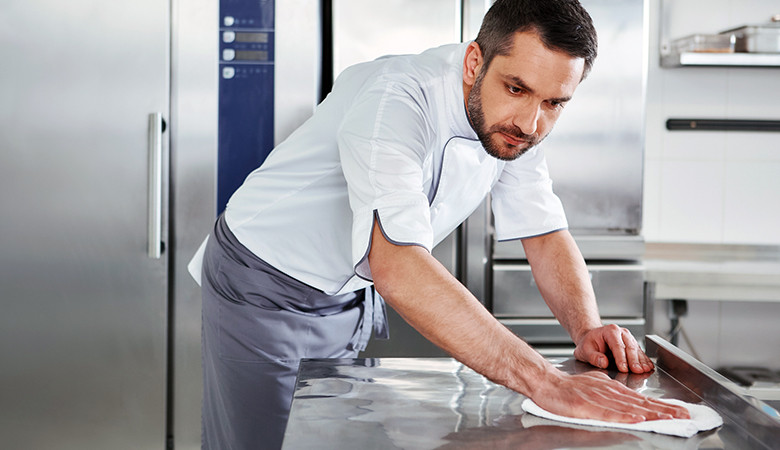
 7 minutes of reading
7 minutes of reading
2025-03-21 13:34:18
Imagine this: a chef wears the same pair of gloves while handling raw seafood and then plating a ready-to-serve dish. Or a worker skips the step of sanitizing a cutting board between prepping raw poultry and slicing bread. In an industrial kitchen, where high volumes of food are prepared daily, these small oversights can lead to serious food safety risks – from cross-contamination to widespread foodborne illnesses.
Maintaining strict hygiene protocols isn’t just about compliance; it’s about protecting customers, upholding standards, and preventing costly health violations. Explore 10 essential kitchen hygiene rules that help industrial kitchens maintain a safe, efficient, and contamination-free environment.
1. Introduce a “Clean as You Go” policy
Encourage staff to clean surfaces and equipment immediately after use. This prevents grime buildup, reduces cross-contamination, and keeps operations efficient. Make it part of the kitchen culture and reinforce this with regular reminders and check-ins. Ensure everyone takes responsibility for their station and cleans after every task.
2. Check fridge and freezer units temperatures
Temperature control is crucial for food safety. Fridges and freezers running at incorrect temperatures pose health risks. Ensure the fridge is kept at or below 5°C and the freezer at -18°C and have a designated person perform and log temperature checks every day.
3. Implement a colour-coded washing system
Implementing a colour-coded washing system is an easy yet highly effective way to minimize the risk of cross-contamination in your kitchen. It’s a simple change that could make a world of difference in maintaining food safety standards. Use red for meat, green for vegetables, blue for general washing, etc., to minimize cross-contamination. Also, don’t mix cleaning tools. Each area gets its own set.
4. Set up a 'First In, First Out' (FIFO) labelling system
Setting up a 'First In, First Out' (FIFO) labelling system is a straightforward solution to ensure that older stock is always used first – which minimizes food waste and maximizes freshness.
Mark the date of delivery or opening on every food package, and make sure the oldest items are used first by placing them in front of newer stock.
5. Regularly disinfect handles and touchpoints
In a busy kitchen, some areas get all the attention: the countertops, the cooking surfaces, the cutting boards. But what about the places that everyone touches, but no one cleans? Door handles, fridge handles, and light switches might seem insignificant, but they can become hotspots for germs and bacteria if left unchecked. Make sure door handles, fridge handles, and light switches are part of your disinfection routine.
6. Schedule regular deep washing of ventilation systems
The ventilation system is often overlooked, but grease and debris accumulate in the vents over time, creating an ideal environment for fires to start and seriously compromising the air quality.
Perform deep washings of vents at least once every 3-6 months and inspect vents regularly for signs of grease or dust accumulation.
7. Don’t bring packages into your industrial kitchen
The delivery arrives, the packaging looks fine, and you’re eager to get everything into the kitchen. But food deliveries and their packaging can carry all kinds of contaminants, from bacteria to chemicals, that have no place in your kitchen.
As a rule of thumb, you should remove exterior packages before storing the goods. But if you need to keep them, have a dedicated space for sanitizing deliveries, away from food prep areas. Disinfect the exterior of every food delivery package before bringing it into the kitchen.
8. Sanitize high-risk equipment after every use
Blenders, slicers and grinders are prime candidates for cross-contamination if not washed properly. Left unchecked, these high-risk items can easily transfer bacteria from one food item to another. Ensure equipment like blenders, slicers, and grinders are sanitized right after use, and try cleaning products designed to kill bacteria and foodborne pathogens.
9. Regularly inspect water quality
Contaminated water is a hidden risk that can undermine your entire food safety system, whether it’s used for cooking, washing, or even washing surfaces. Check for contaminants and proper filtration on a weekly or monthly basis. Ensure your water filtration system is maintained and functioning properly.
10. Install an industrial washing machine
When you're running a commercial kitchen, you need industrial-grade solutions to ensure your kitchen is as hygienic as possible.
An industrial washing machine, like MultiWasher, ensures that all your utensils, equipment, trays, gastronorm containers, and cookware are washed and sanitized to the highest standards. These machines are built to handle the volume and intensity of a professional kitchen, and most importantly, they reach higher temperatures to kill bacteria and ensuring proper sanitization every single time.
With an industrial machine, you can handle everything from pots and pans to trays, ensuring that each piece is thoroughly washed and disinfected, eliminating any risk of cross-contamination. Plus, it's fast.
Make the switch, and you’ll immediately notice the difference. This kitchen hygiene rule is an investment that will pay off in both time and sanitization.
MultiWasher, a core element of your kitchen hygiene rules
Achieving flawless kitchen hygiene requires more than just routine cleaning – it’s about having the right tools. MultiWasher is at the heart of your kitchen hygiene rules, providing superior sanitization that goes beyond ordinary washing.
With cutting-edge technology, full-service support, and a commitment to keeping your kitchen running safely, MultiWasher ensures your equipment is always hygienic and ready for use.
Get in touch today and let us show you how MultiWasher can make a real difference in your kitchen hygiene strategy.
You may also like
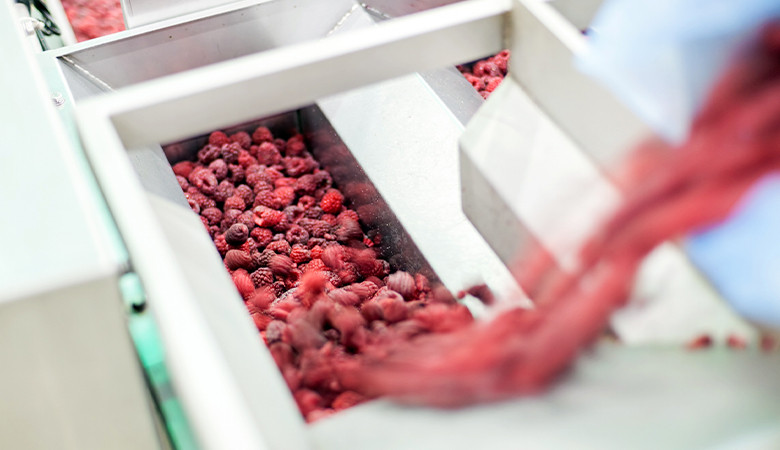
Industrial washing / Articles
What is a frozen food washer and why it matters
Equipment washing is often overlooked in frozen food plants. Discover how the right frozen food washer protects hygiene, flow and operational eff...
Posted in 2026-01-16

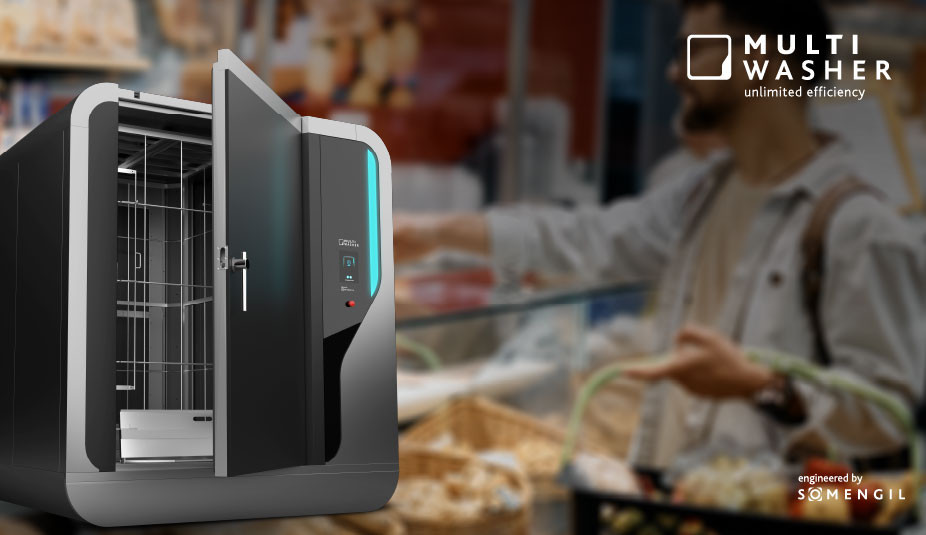
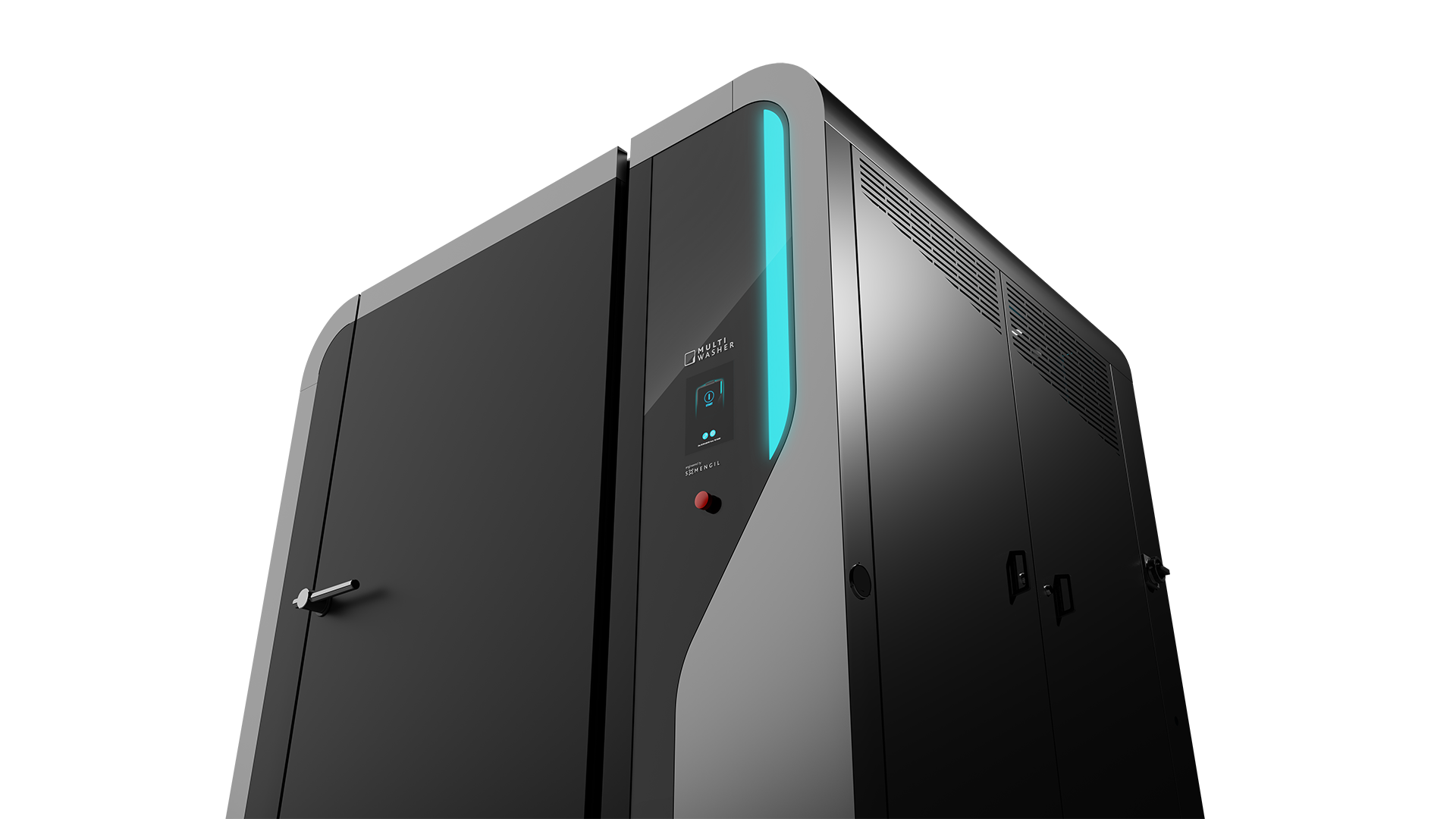
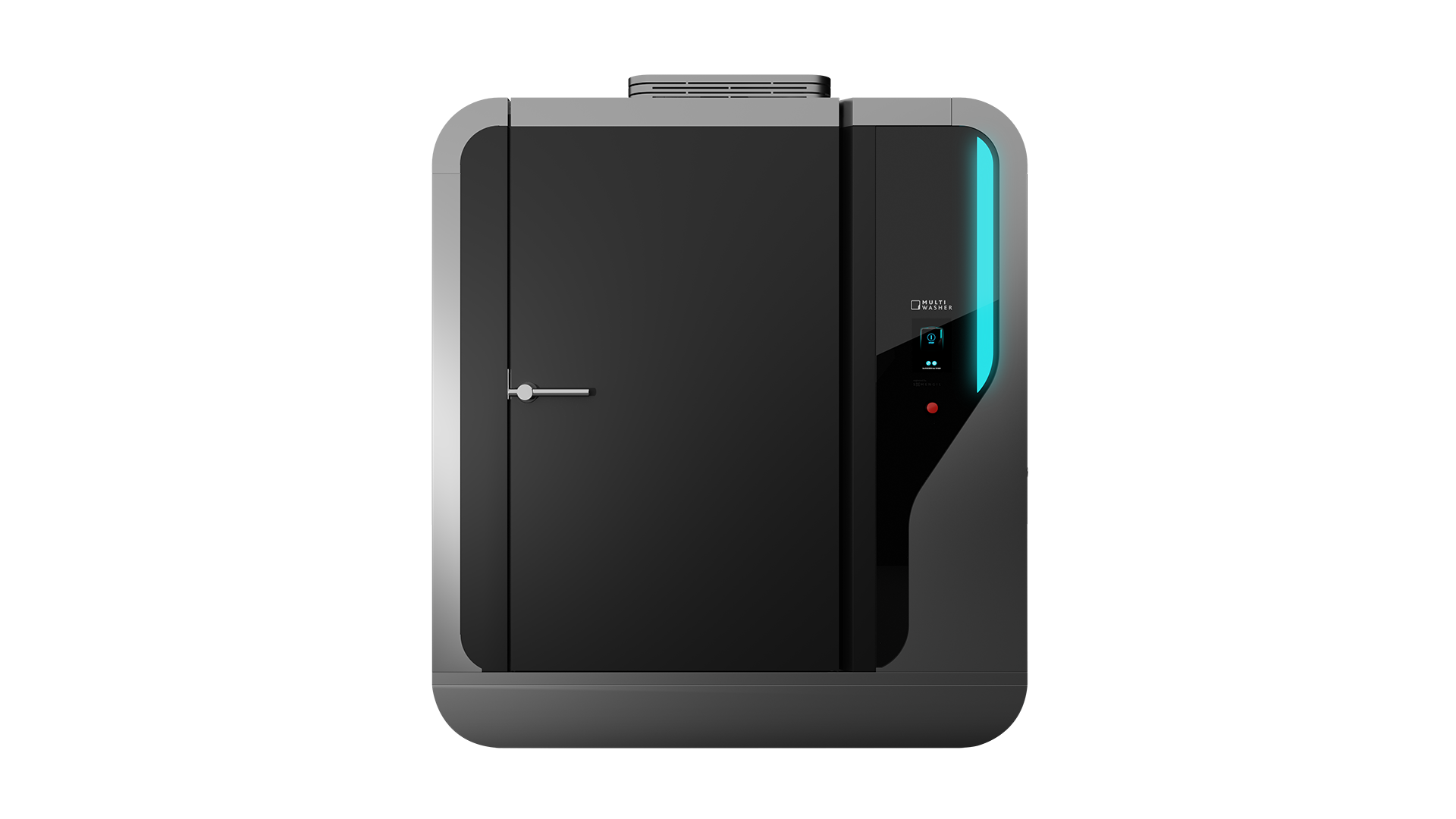
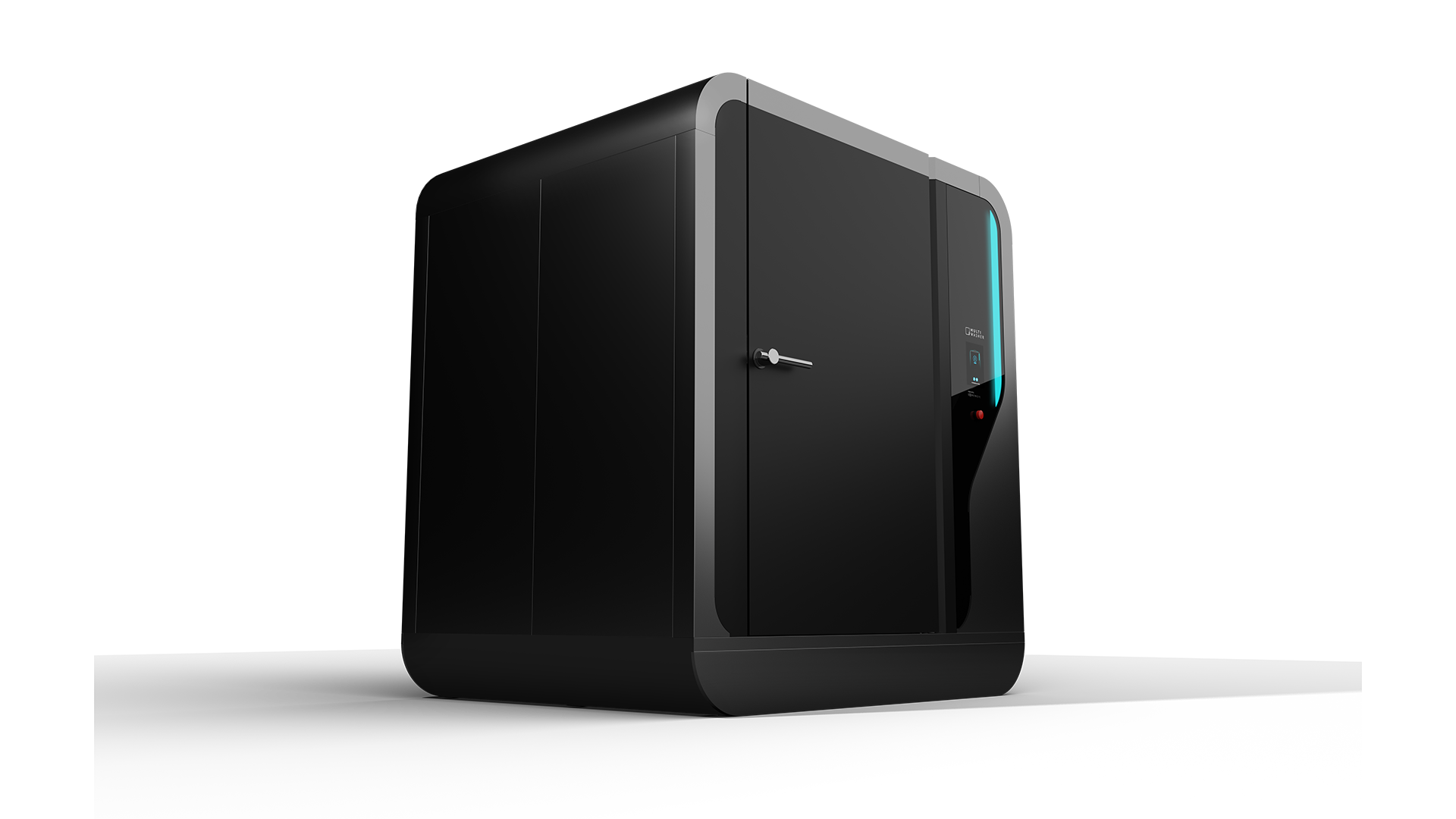
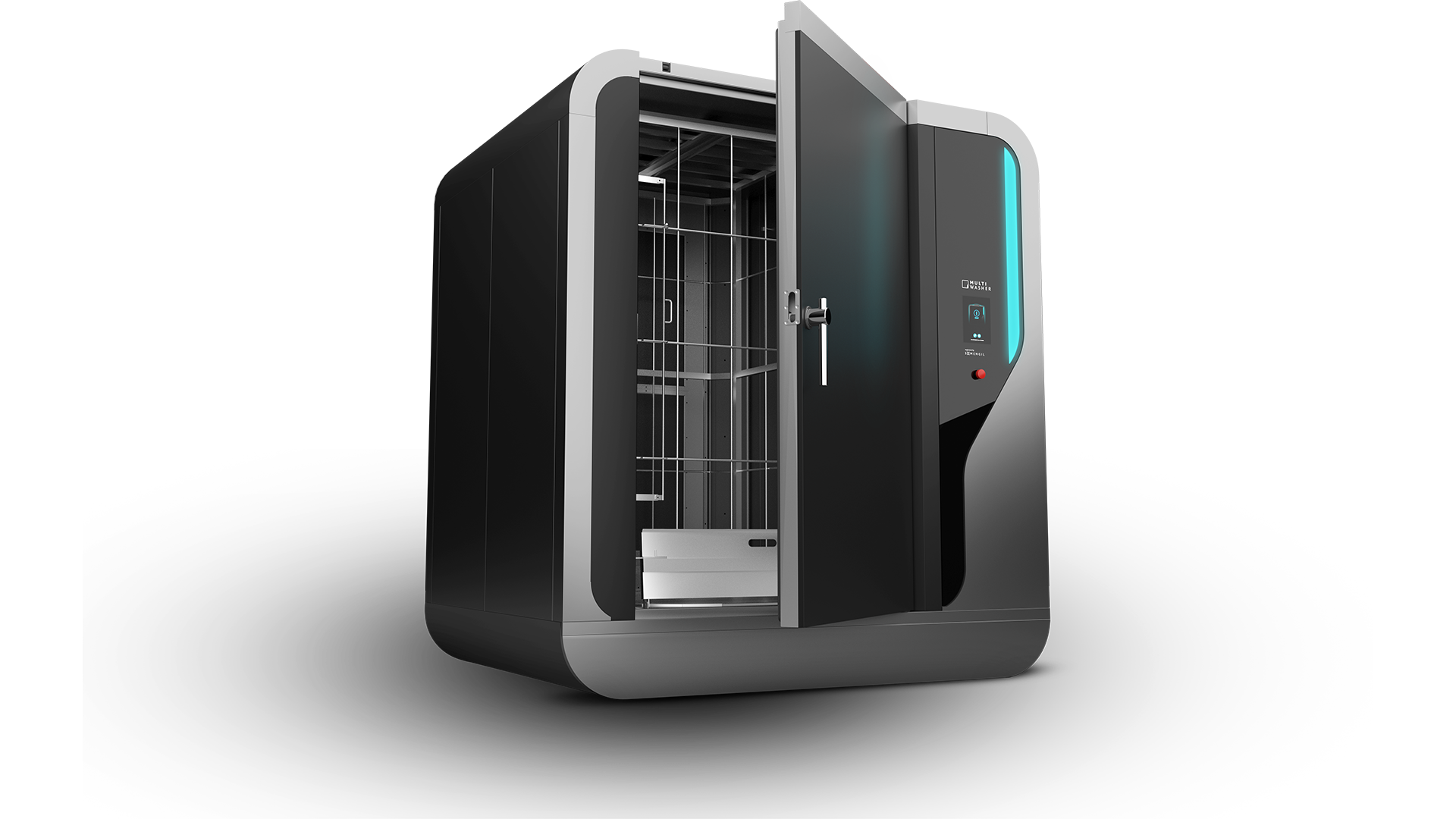
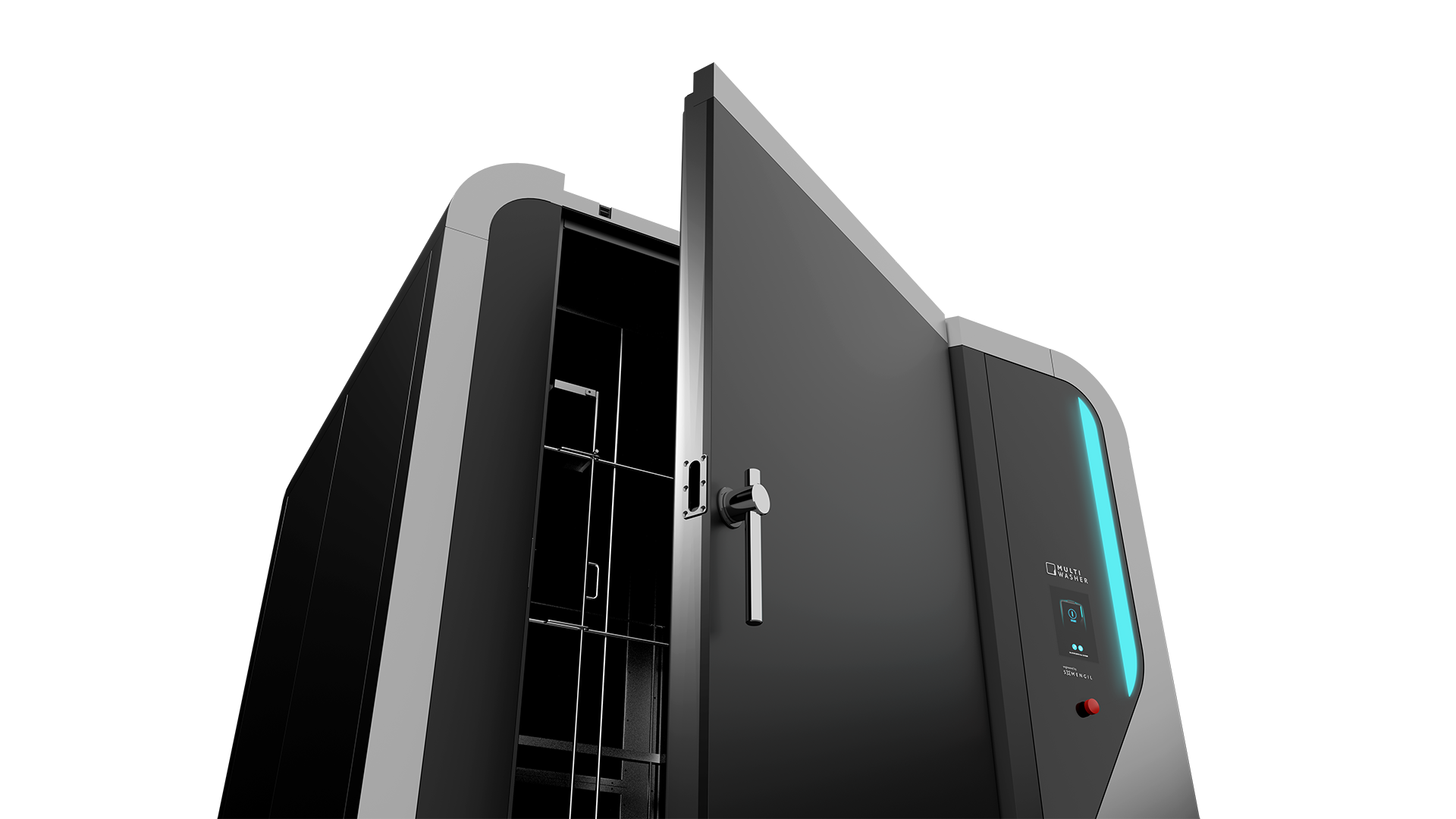
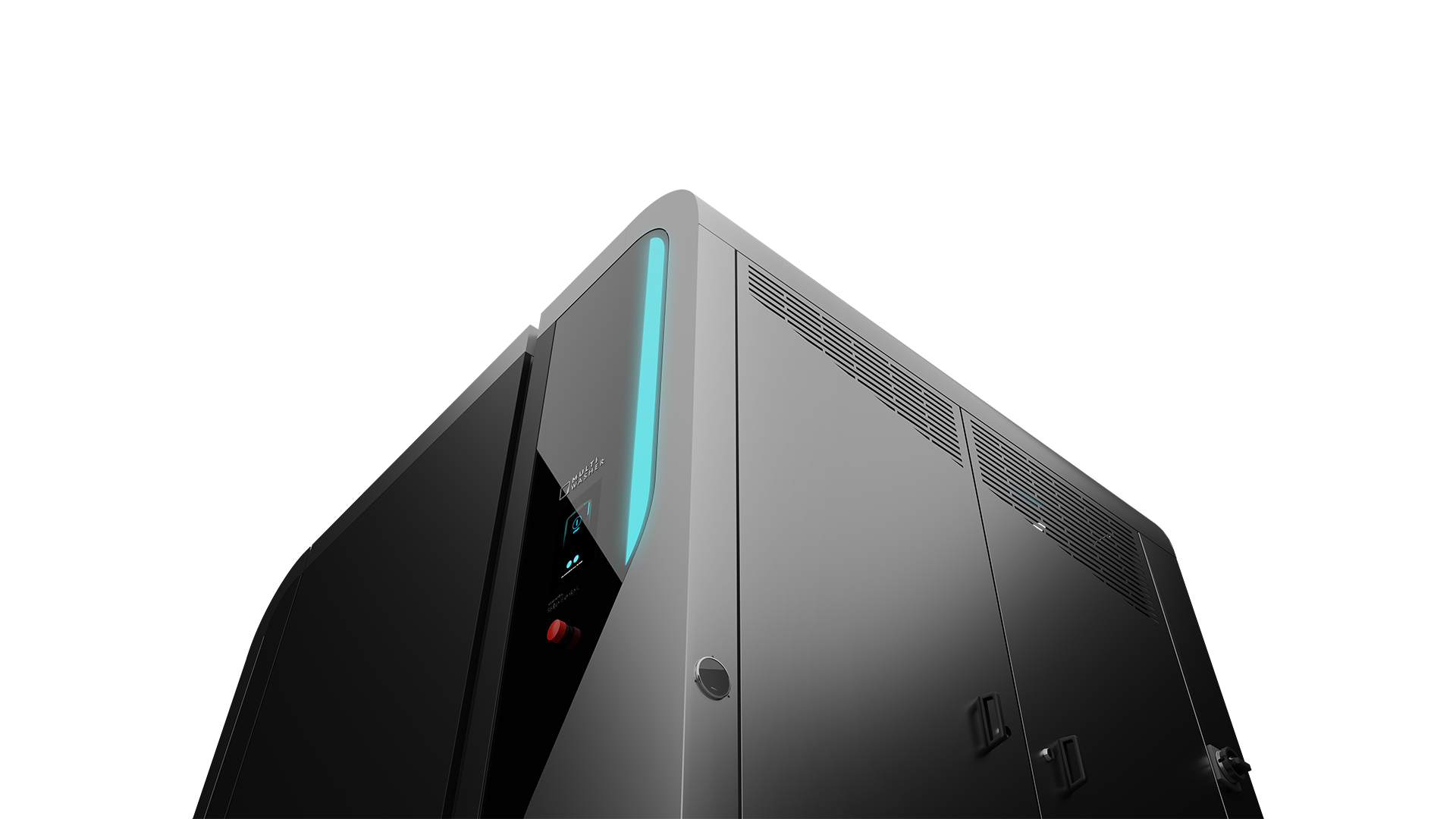
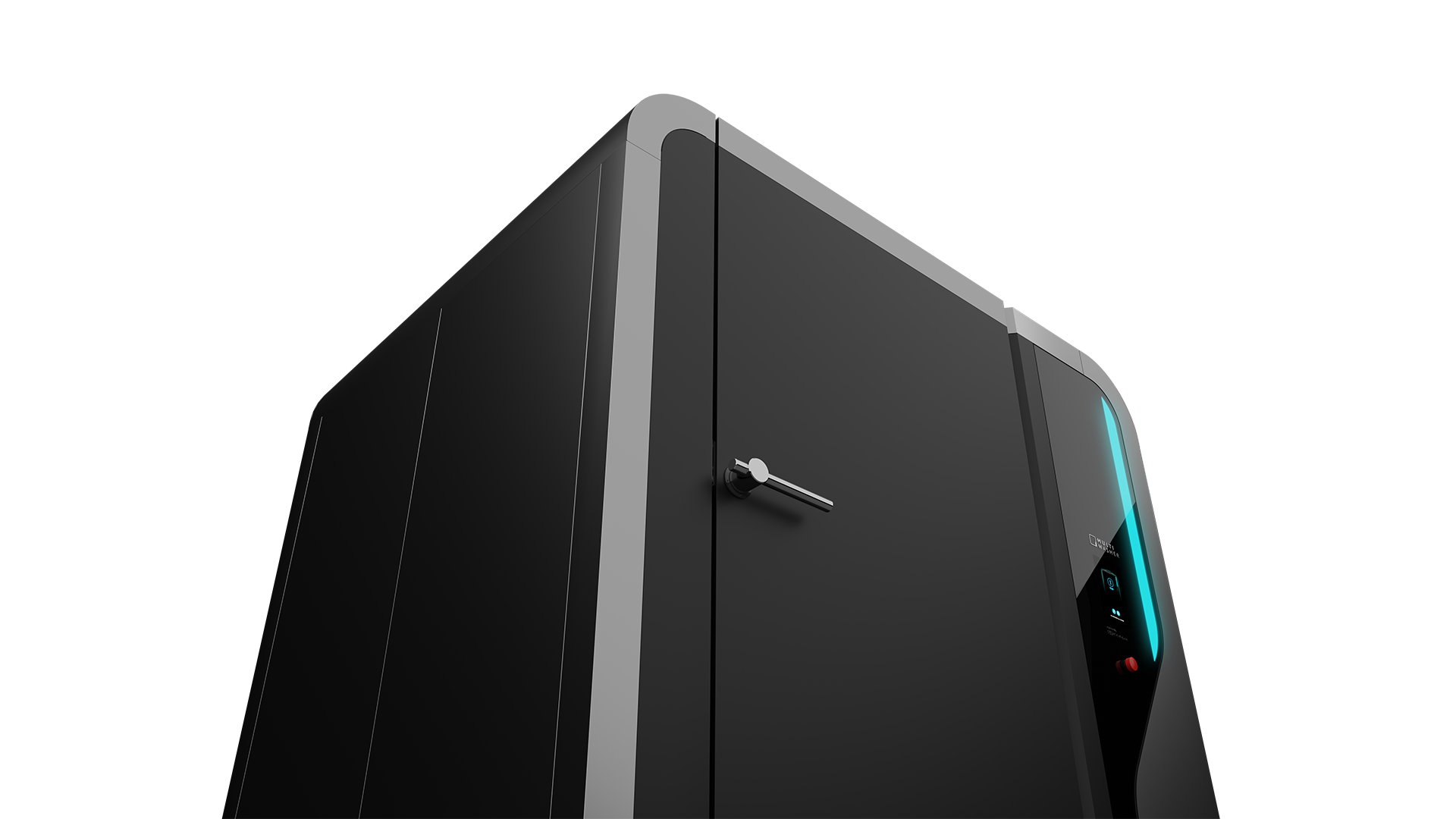
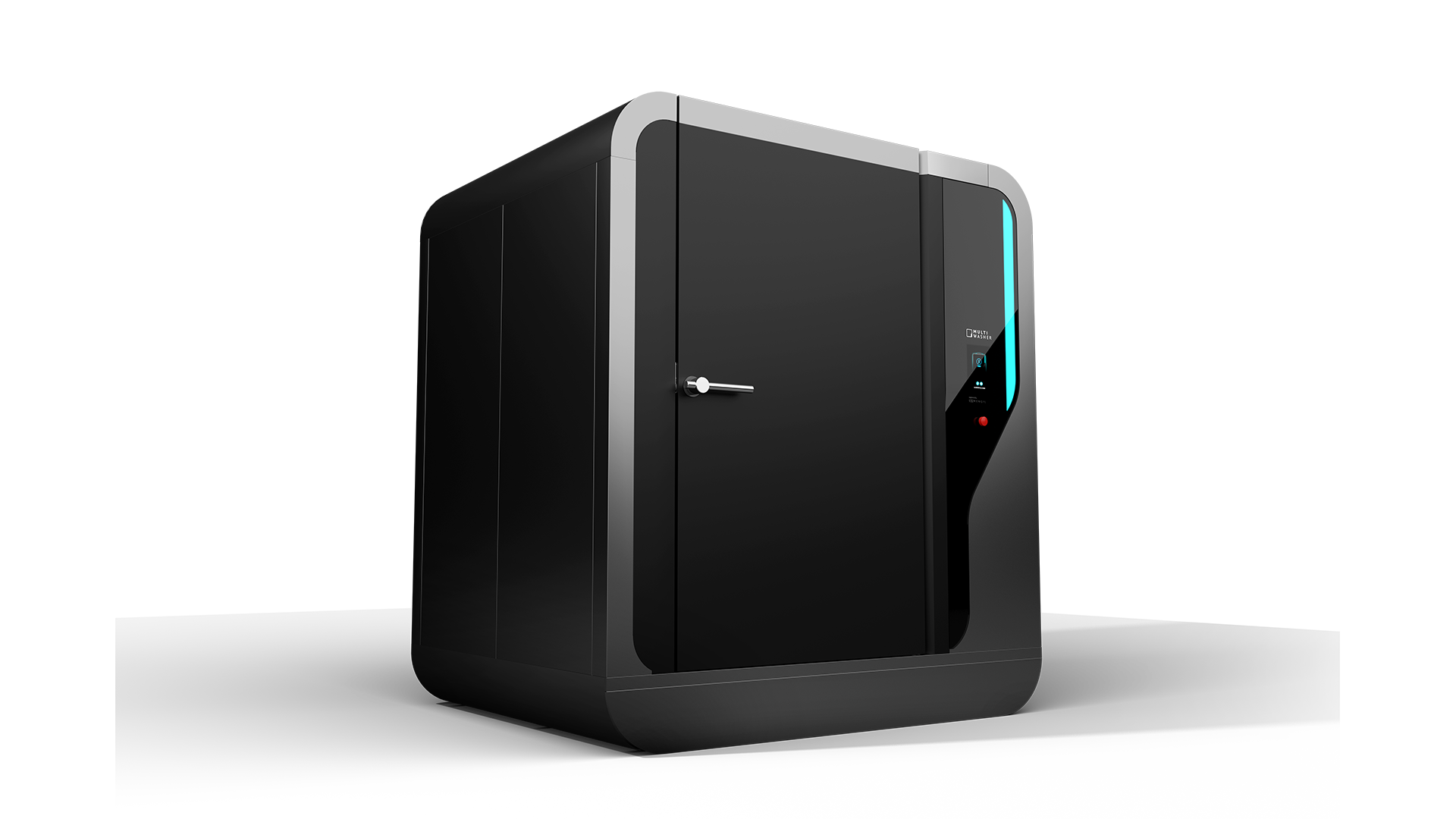
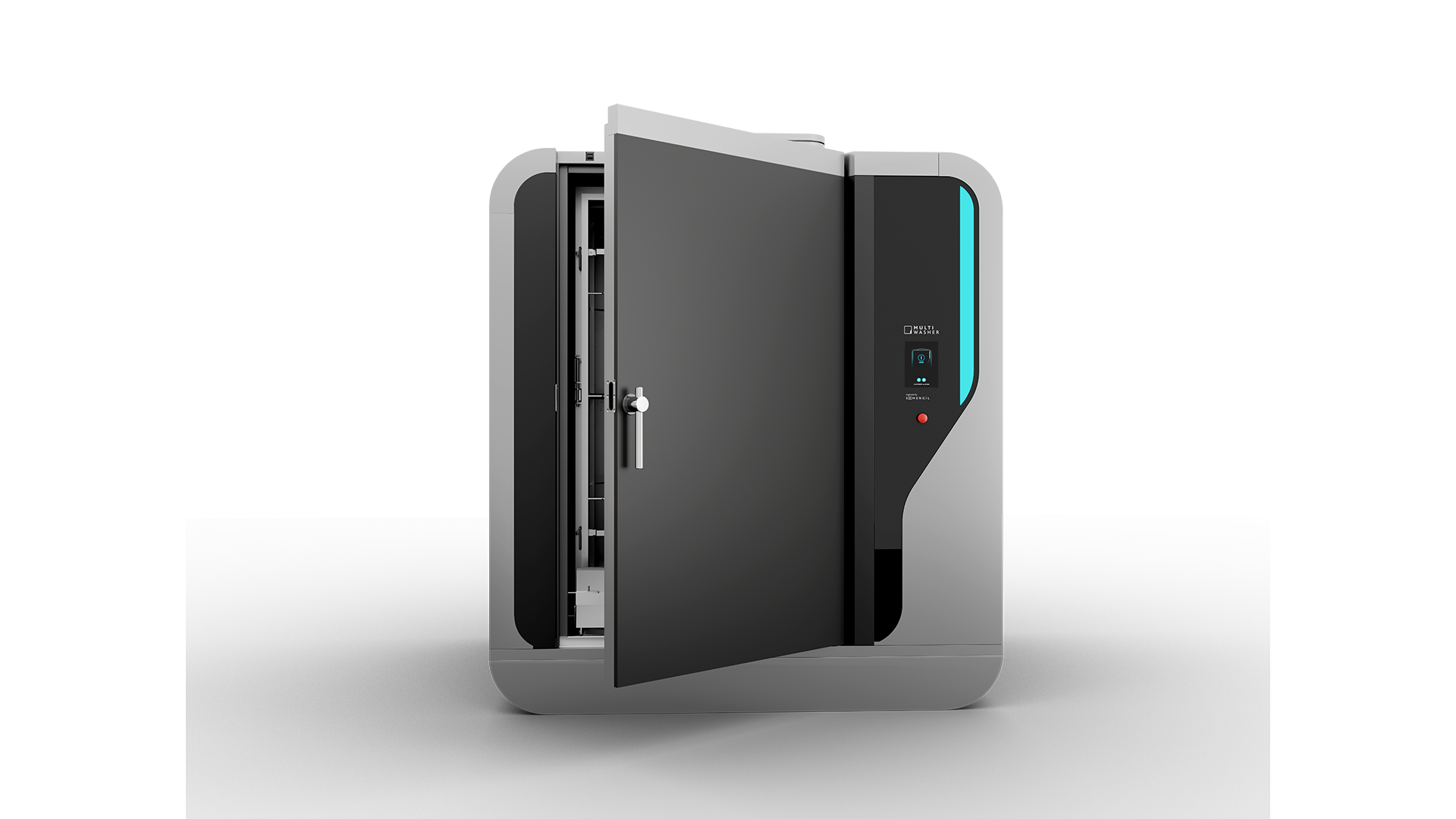
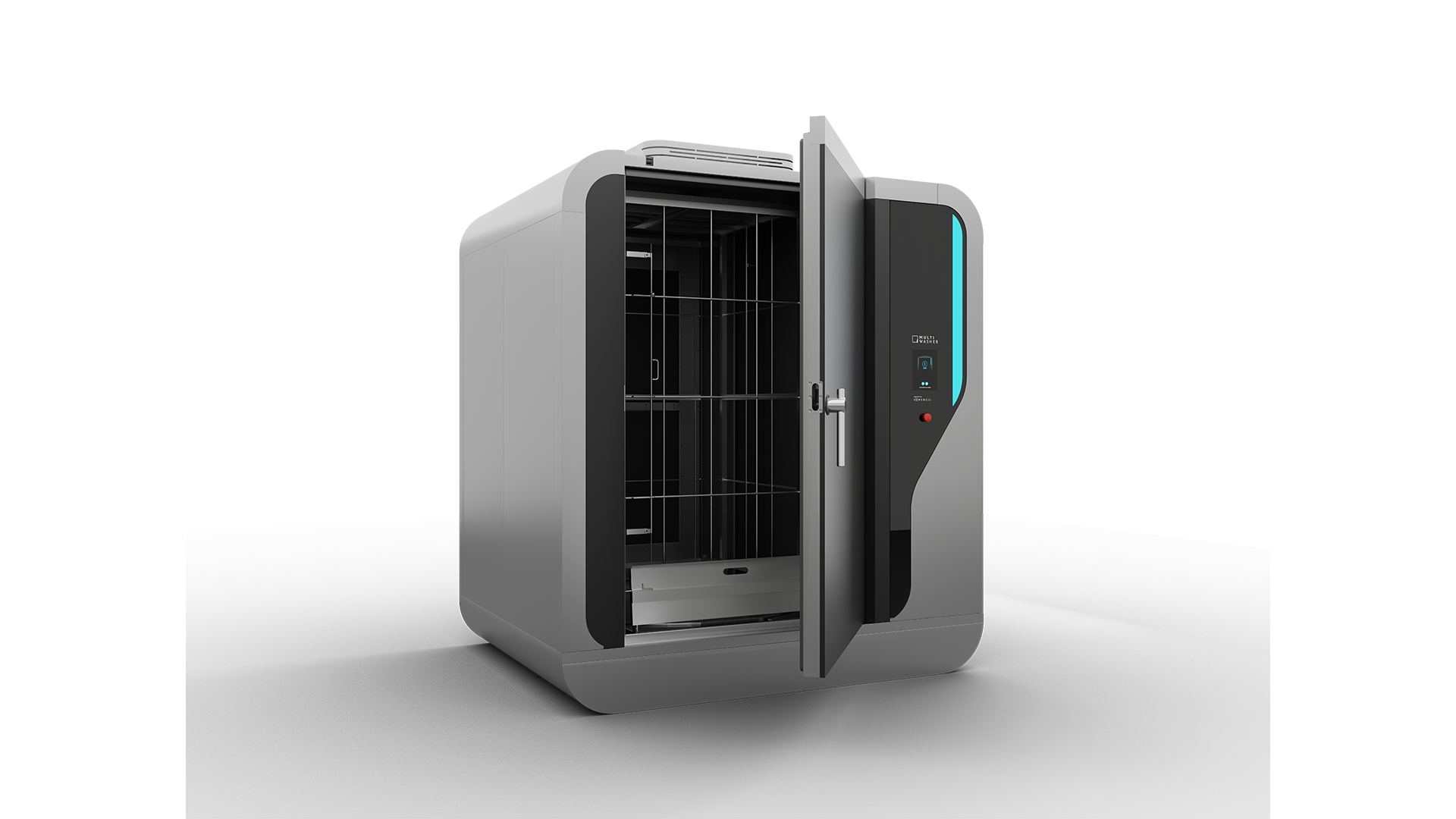
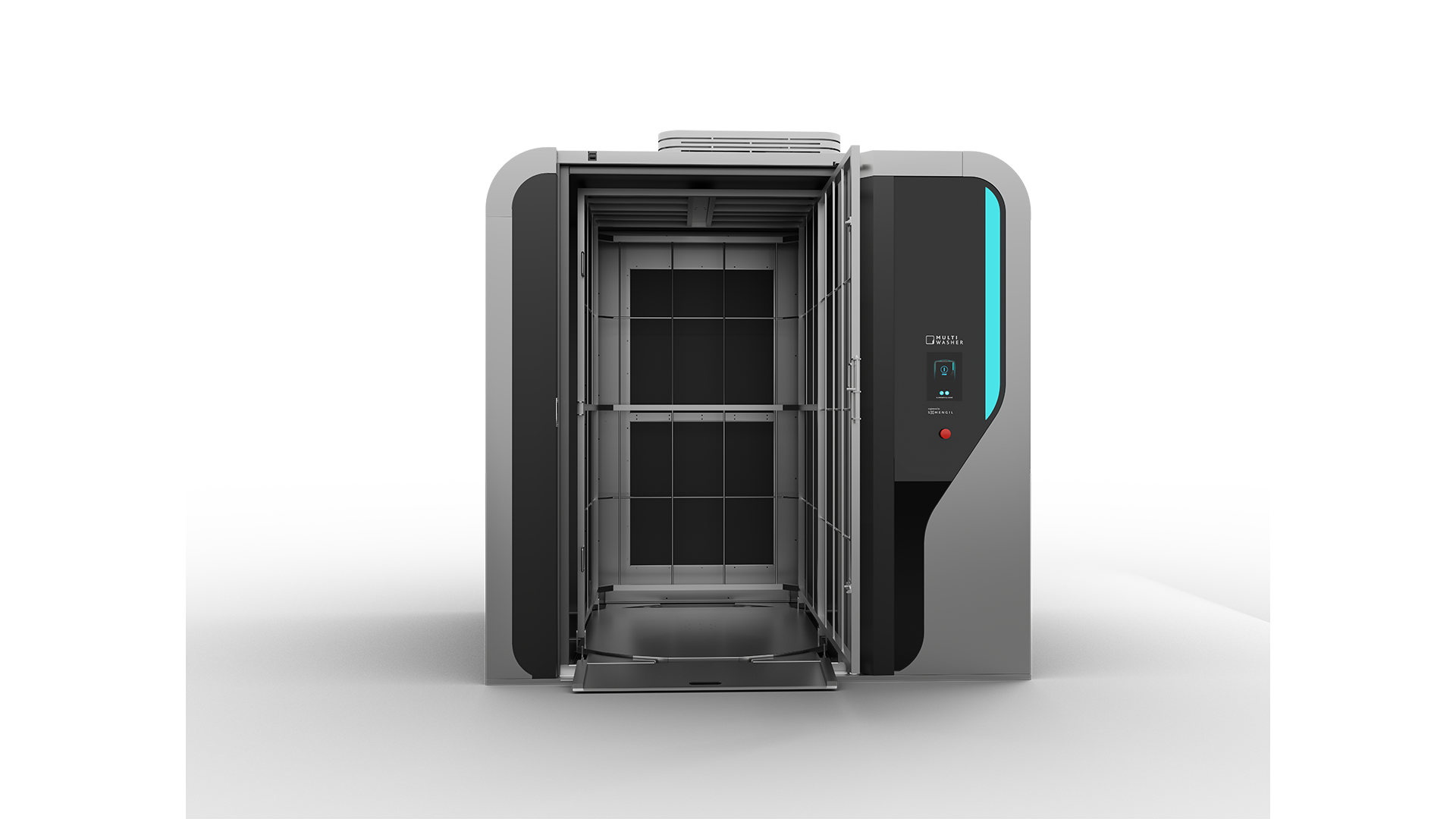
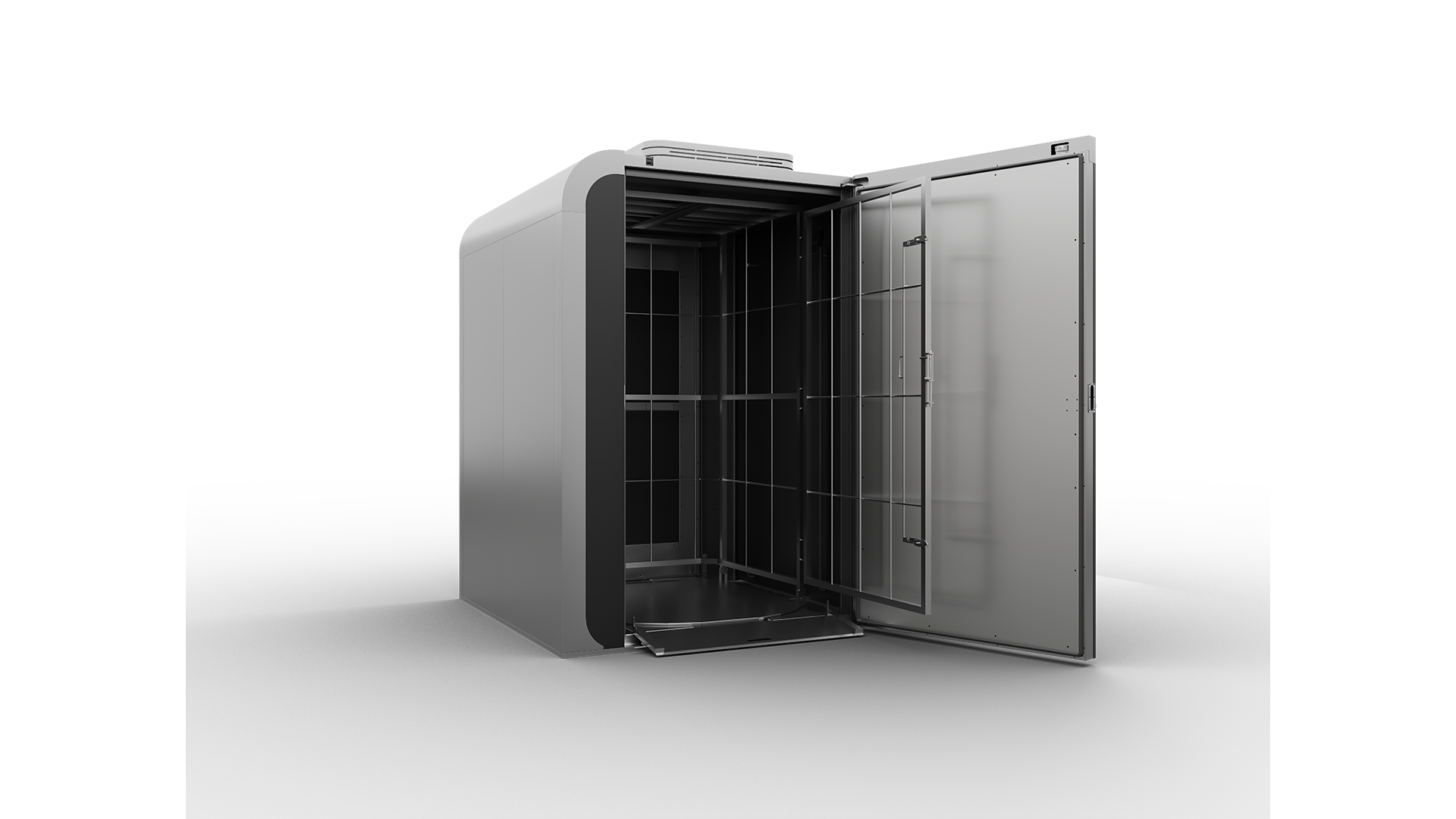
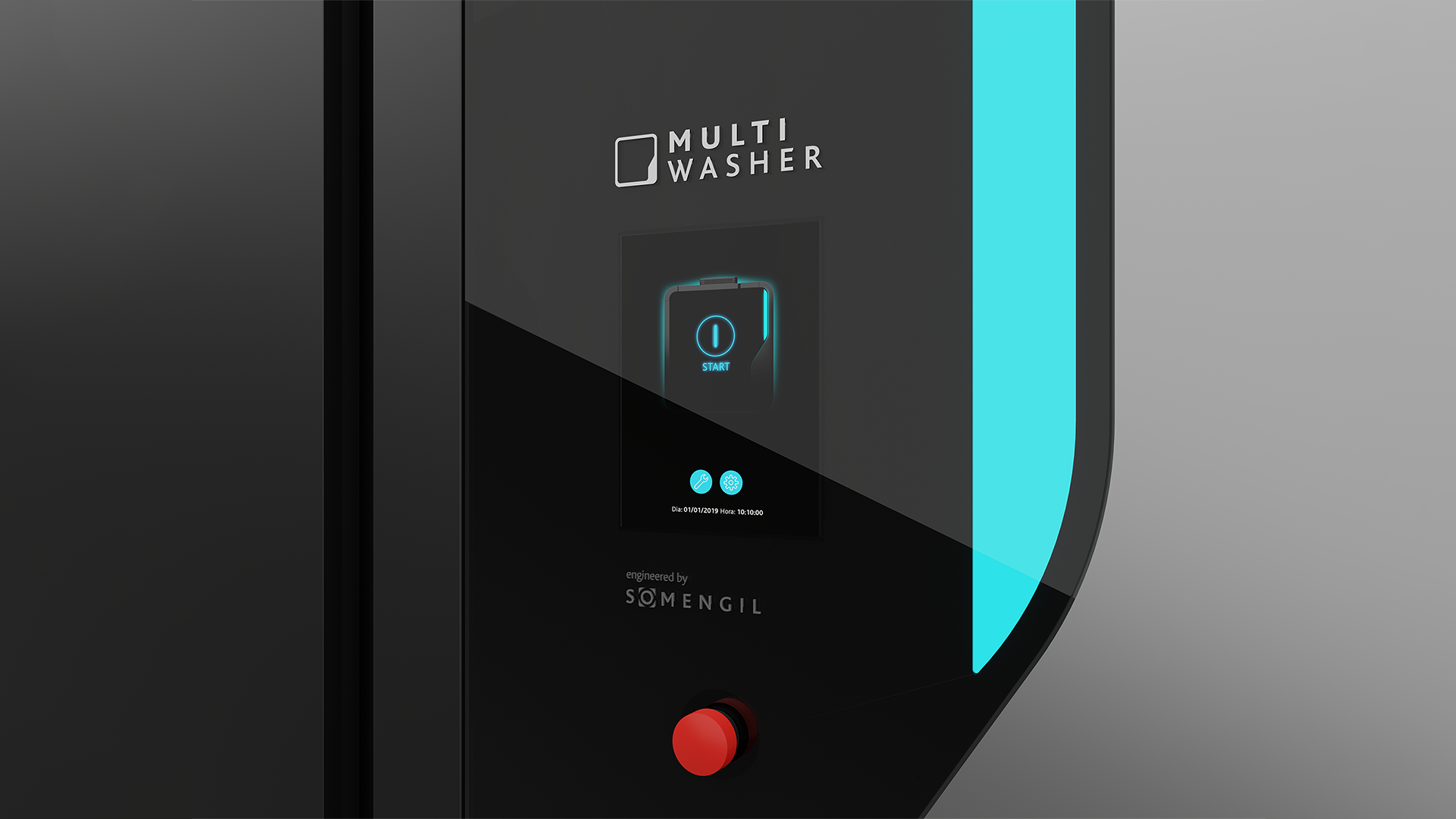
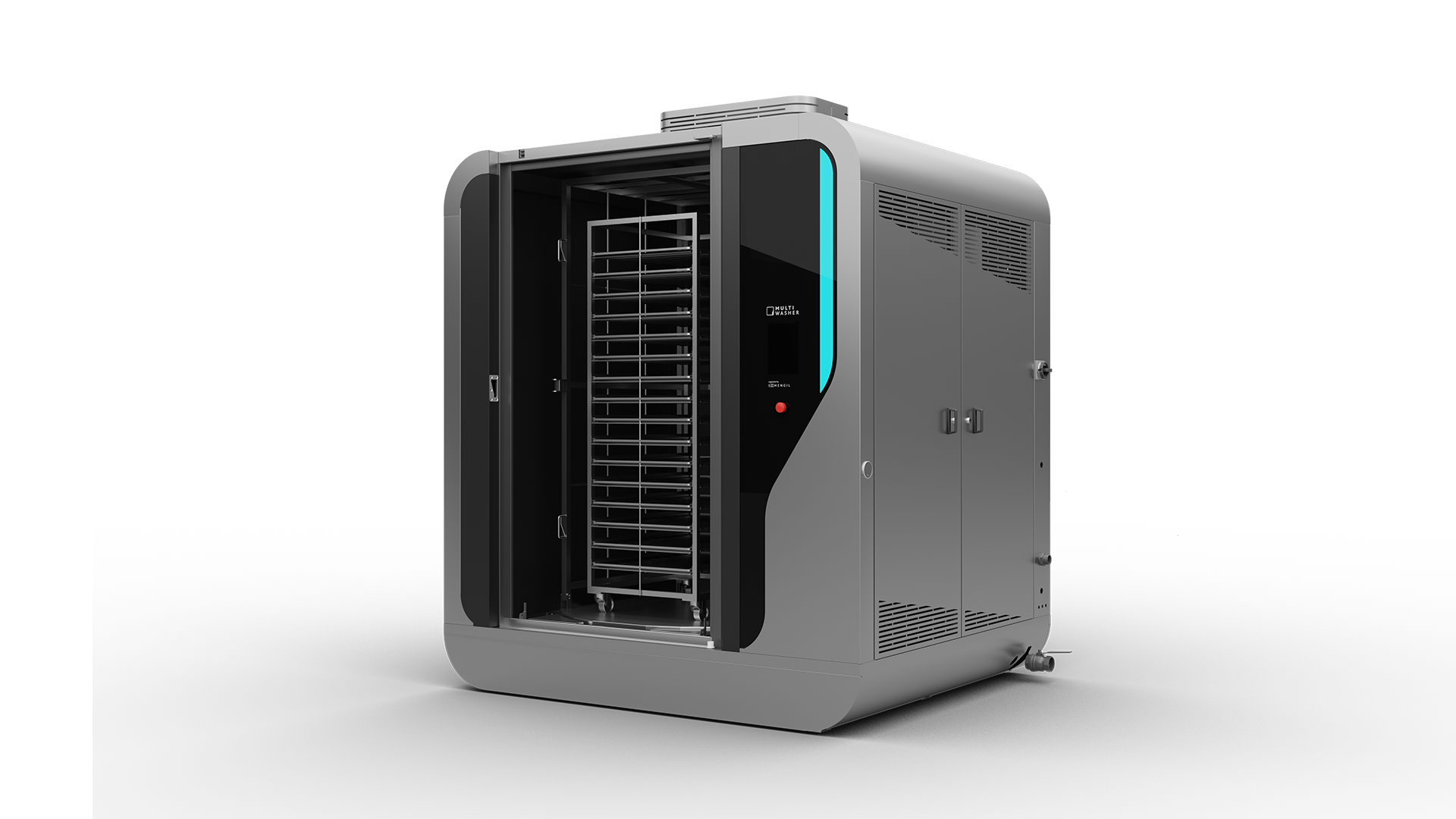
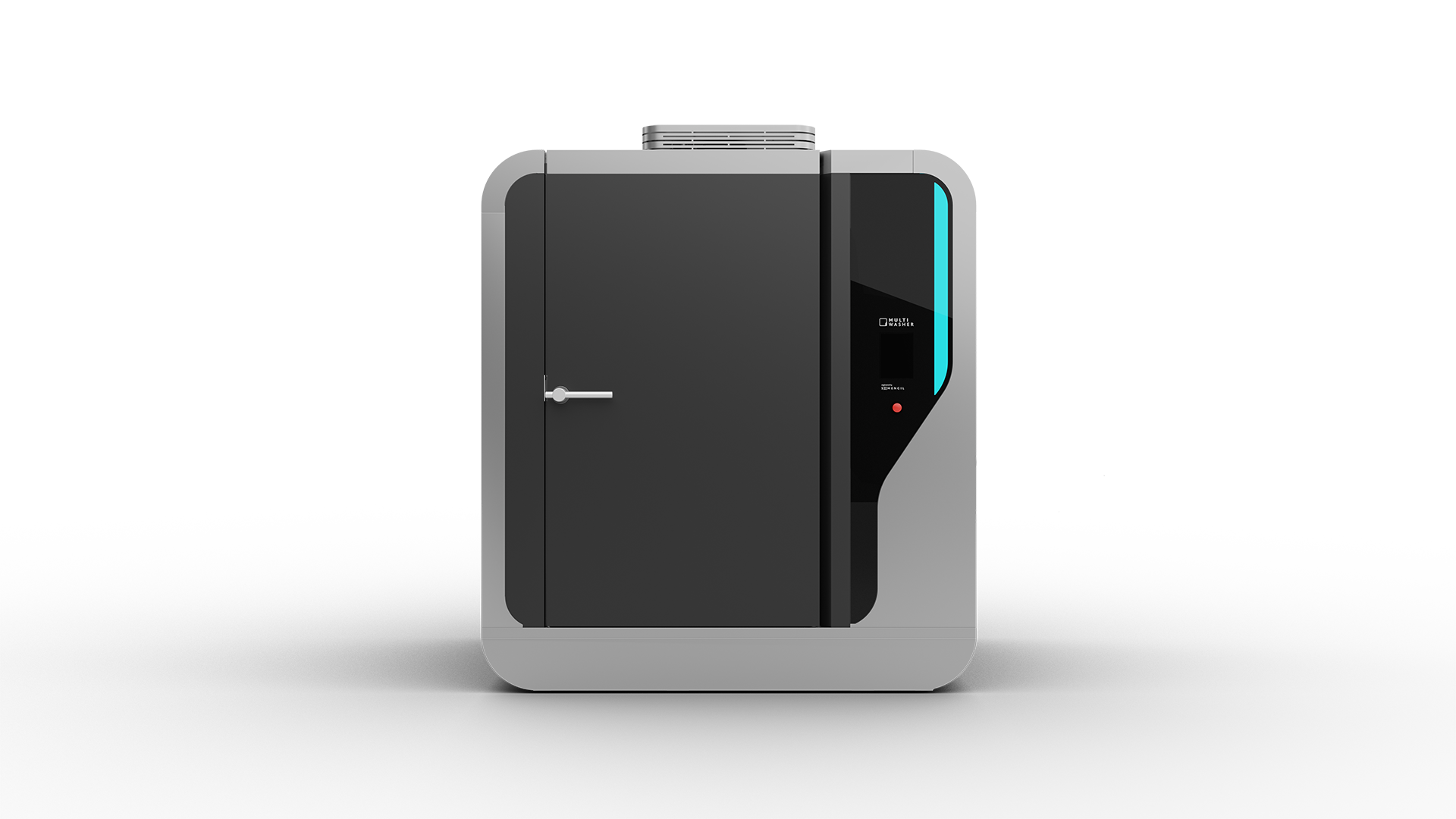

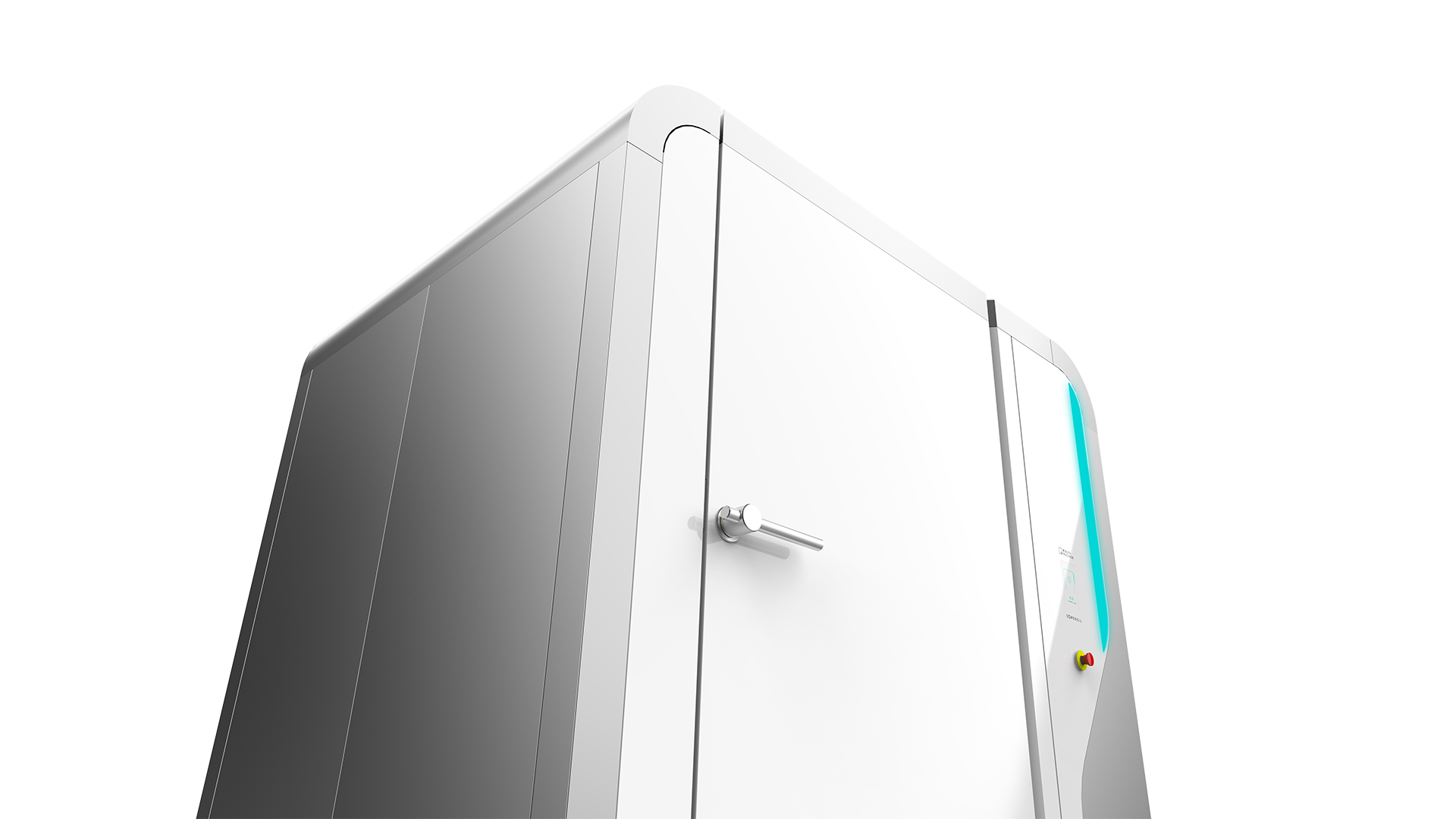
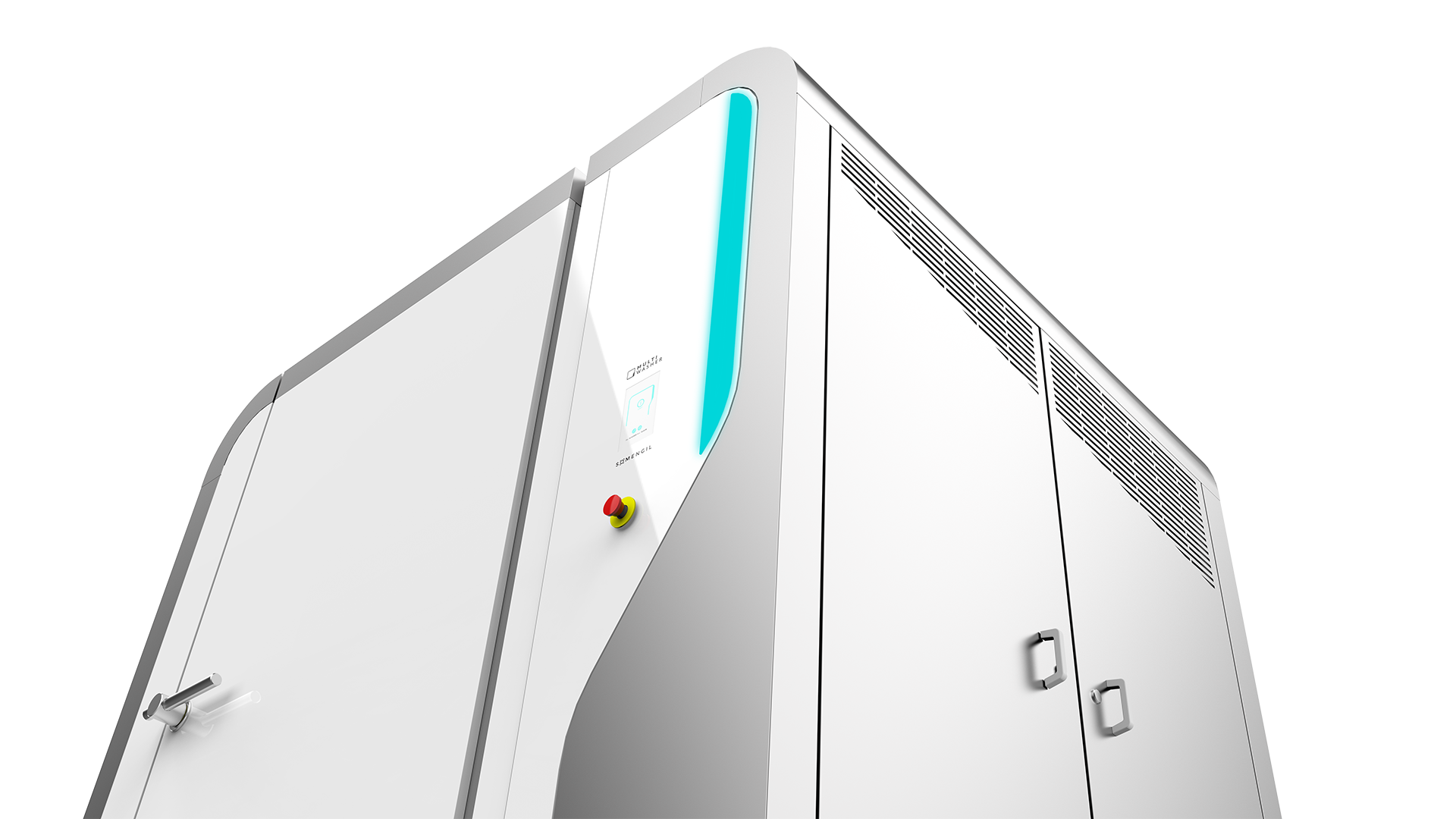
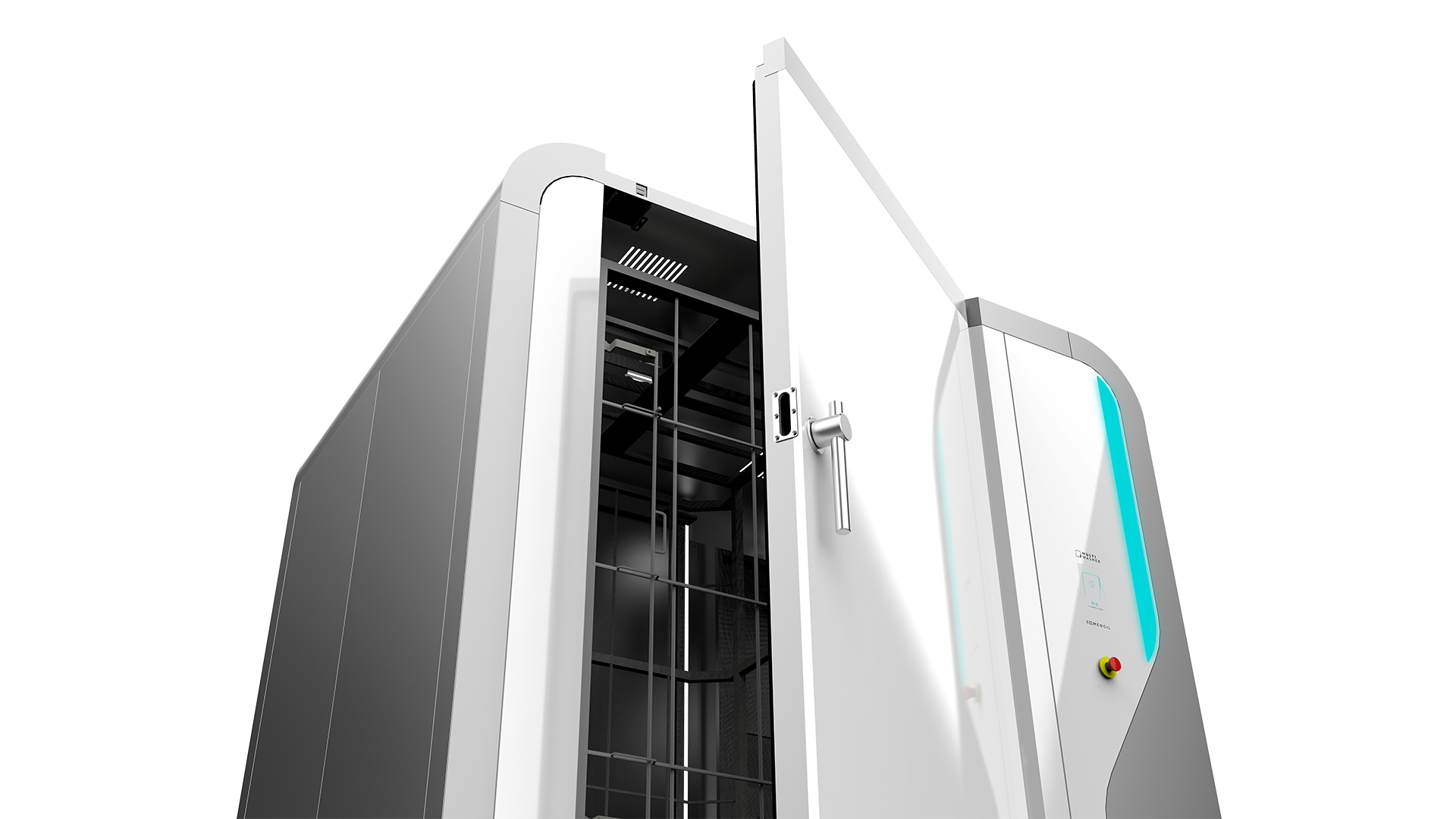
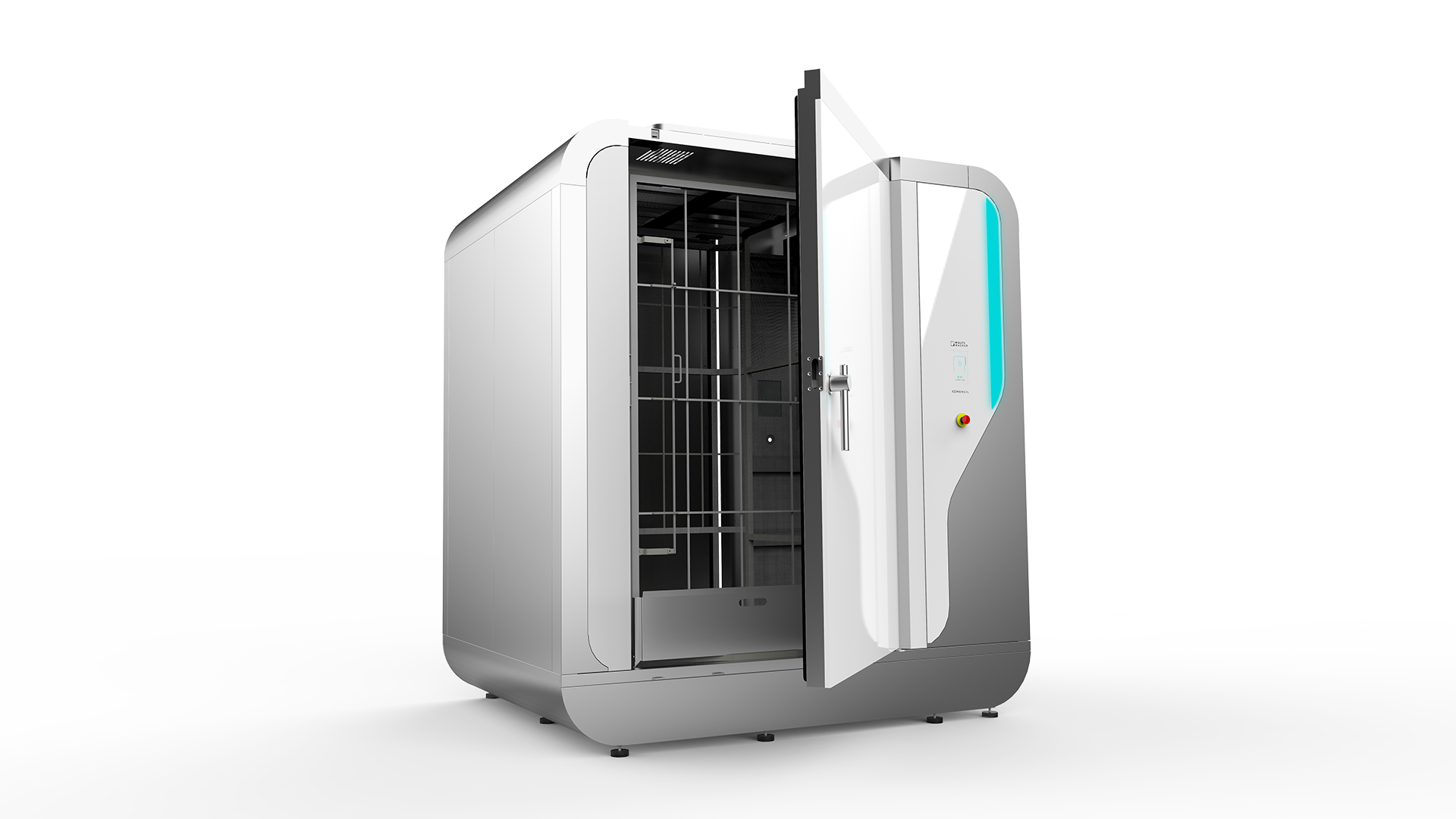
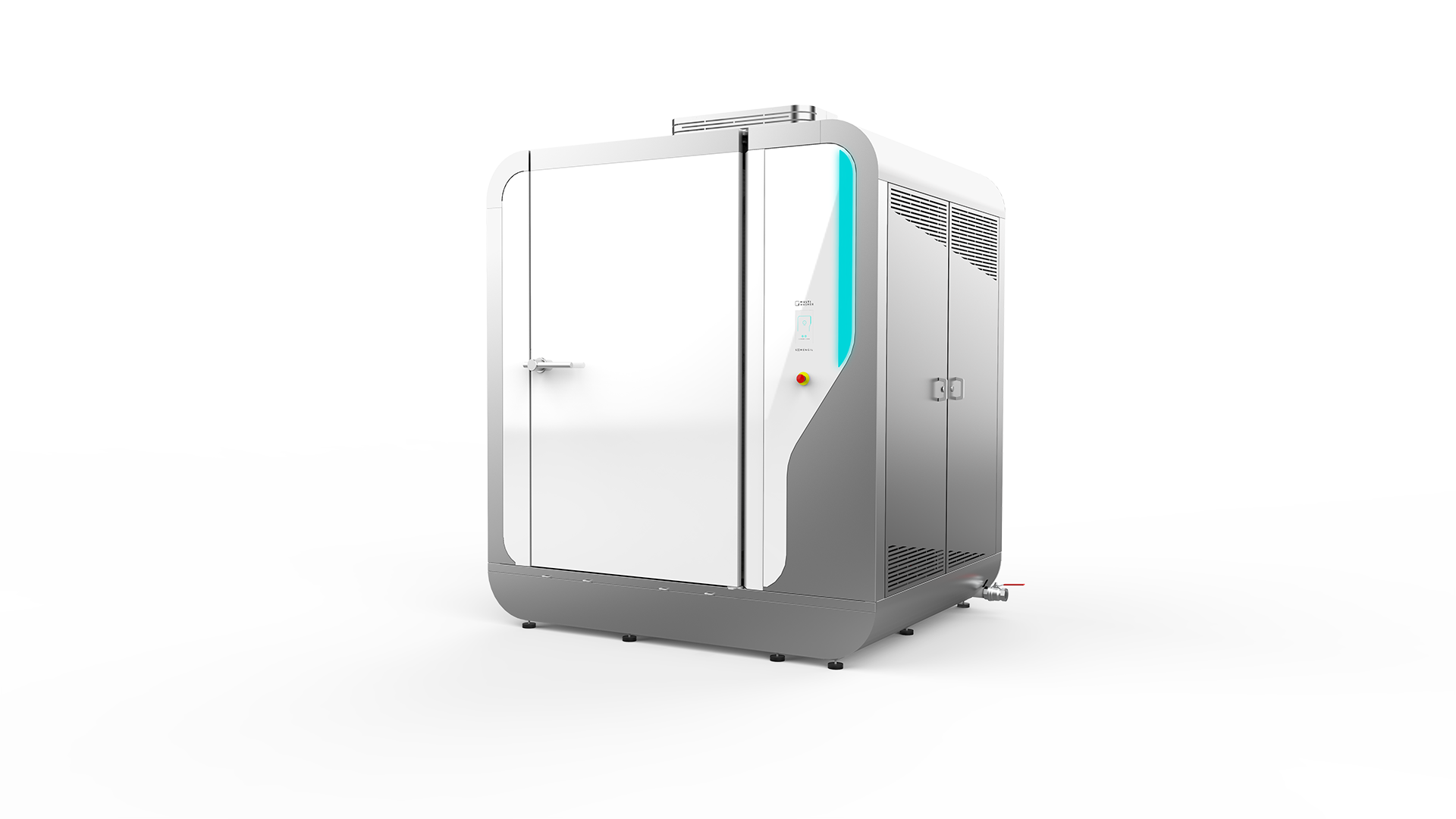
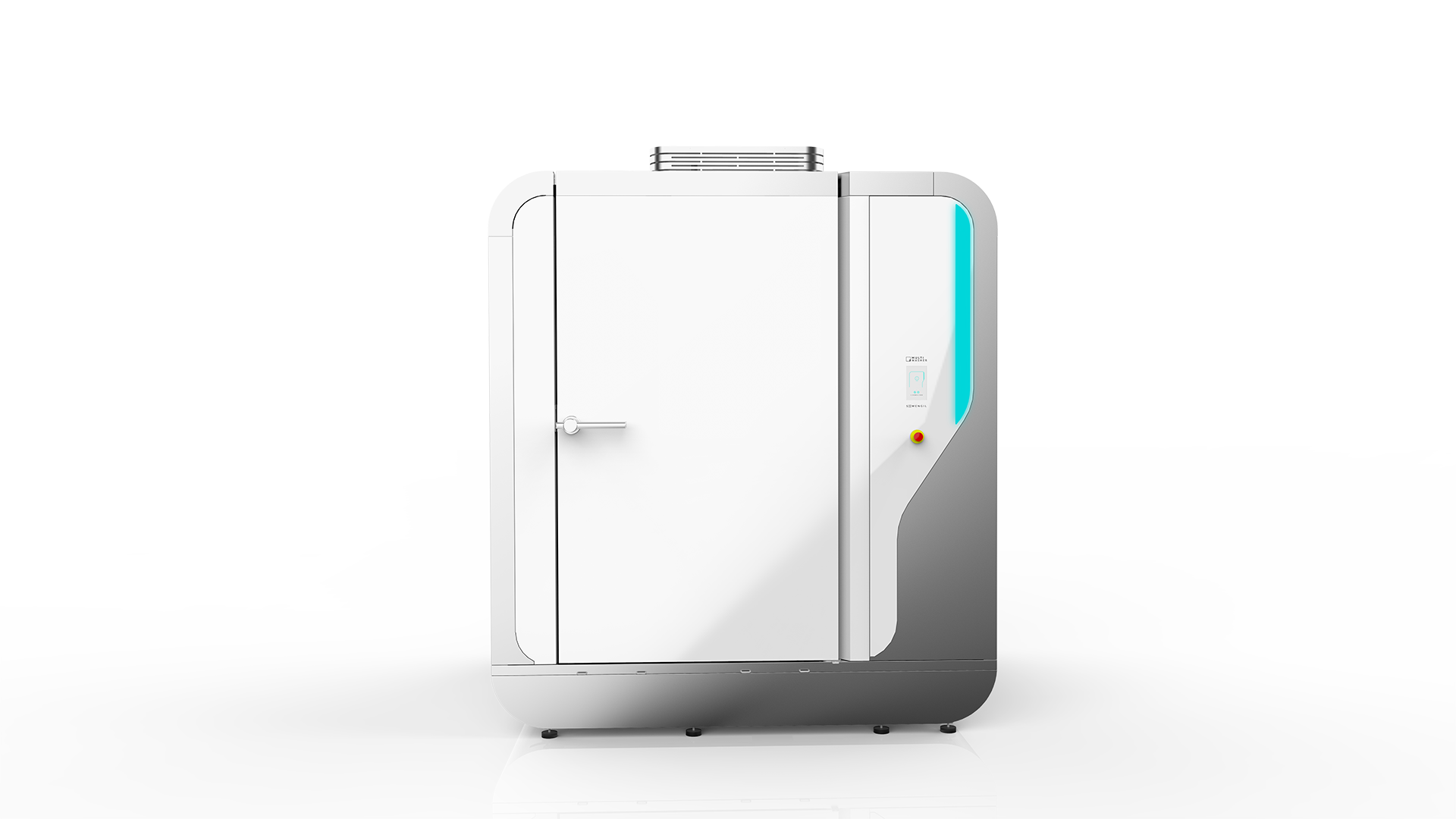
 Portugal
Portugal United Kingdom
United Kingdom United States
United States France
France Spain
Spain Germany
Germany Romania
Romania Italy
Italy Czech Republic
Czech Republic Finland
Finland Hungary
Hungary Slovakia
Slovakia Greece
Greece Lithuania
Lithuania South Korea
South Korea Russia
Russia Saudi Arabia
Saudi Arabia Poland
Poland Brasil
Brasil Hebrew
Hebrew